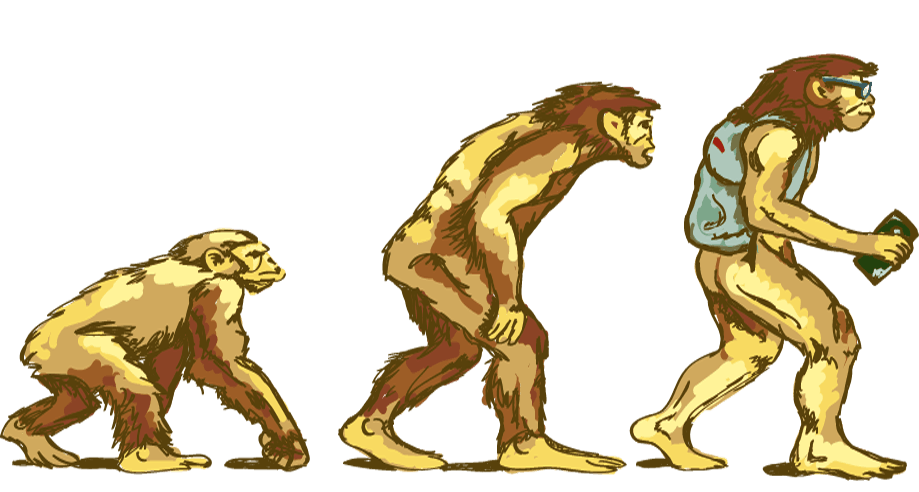THE UNIVERSITY OF SASKATCHEWAN’S MAIN CAMPUS IS SITUATED ON TREATY 6 TERRITORY AND THE HOMELAND OF THE MÉTIS.
THE UNIVERSITY OF SASKATCHEWAN’S MAIN CAMPUS IS SITUATED ON TREATY 6 TERRITORY AND THE HOMELAND OF THE MÉTIS.

By Tannara Yelland September 15, 2012
I am a dyed-in-the-wool nerd who gets excited by the sight and the smell of school supplies. I remember childhood mostly as a montage of going into Staples each August and looking at all the varieties of pens, pencils and notebooks. Graduating from Duo-Tangs to flimsily stapled notebooks to coiled ones and then, finally, to binders provided a measure for my ascent to maturity.

By Kendra Schreiner September 15, 2012
As Barack Obama’s popularity has plummeted over the past four years, First Lady Michelle Obama has become one of the most influential figures in America. Her rousing speech at the Democratic National Convention on Sept. 4 revealed just how much powerful the first lady can be.

By Bryn Becker September 11, 2012
Everyone’s favourite University of Saskatchewan Facebook group, “Stupid Things Overheard at the U of S,” is growing up. Don’t get me wrong, it’s still pretty stupid. But it’s our stupid.

By Canadian University Press September 9, 2012
niversity can be a big, scary place for students who have travelled far from home. Some first-years might savour their newfound freedom, but many wallow in homesickness for months.
Realize that you’re entering a new chapter of your life, and no matter how much you love your high school friends, growing apart is not necessarily a bad thing.

By Ashley Hyshka September 9, 2012
There are many ways to be victimized, from robbery to harassment to violent sexual assault. Once someone has been branded a victim, our society too often shifts blame from their attacker onto them, piling more problems on the victim’s shoulders.

By The Sheaf September 9, 2012
Working students, an ever-growing portion of the university population, worry constantly about their work loads. If you’re one of those students, you will probably find that making it to class every day, working several shifts a week, volunteering and staying active make for a very busy life.

By Tannara Yelland September 9, 2012
In this modern era, we have to navigate the unpredictable maze of dating and feelings as well as the much newer terrain of texting, sexting and naked pictures. With that in mind, I surveyed some of my fellow students and compiled a list of things to do and to avoid for guys thinking of sending pictures of their dicks to some lucky ladies.

By Canadian University Press September 8, 2012
We know the feeling: it’s 12 a.m. on a Friday night, you’ve had a couple of beers with your friends, and suddenly you get a tingling feeling. You look around and everybody looks a little bit better, and something starts speaking to you. Maybe it’s just a small voice in the back of your head saying, “Hey baby, it’s business time. Business hours are open.”